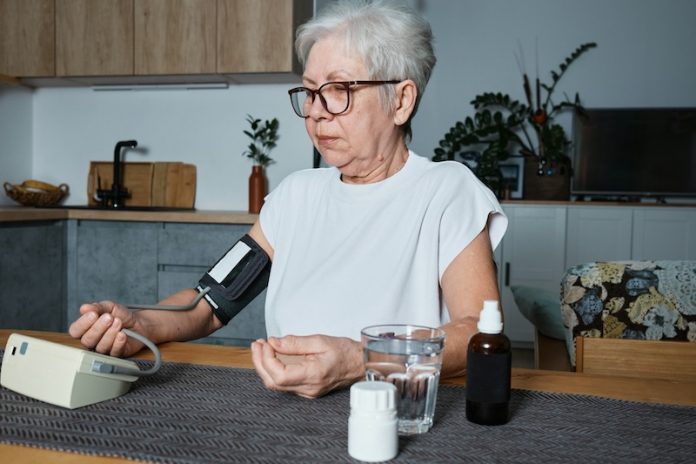
A recent study has raised concerns about a widely used drug for high blood pressure and chest pain—nifedipine. Researchers found that people taking high doses of this drug may have a much higher risk of sudden cardiac arrest. This finding has led to calls for caution from both doctors and patients.
Sudden cardiac arrest is a dangerous condition where the heart suddenly stops pumping blood. When this happens, a person loses consciousness and stops breathing. Without fast medical help, such as CPR or a defibrillator, it is often fatal.
This condition is a major cause of death worldwide, responsible for about half of all heart-related deaths in Europe and one in five natural deaths across the globe.
Some people may feel warning signs before sudden cardiac arrest, such as chest pain or shortness of breath. However, in many cases, it happens without any warning, making it especially dangerous.
The study was part of the Dutch Amsterdam Resuscitation Studies (ARREST) registry, which tracks cases of sudden cardiac arrest. Researchers looked at two common blood pressure medications—nifedipine and amlodipine—to see if they affected the risk of sudden cardiac arrest.
They studied data from over 2,500 people who had suffered sudden cardiac arrest and compared them to more than 10,000 healthy individuals. The results were surprising.
People taking a high dose of nifedipine (60 mg per day) had a much greater risk of sudden cardiac arrest than those not using the drug. On the other hand, amlodipine, a similar medication, did not seem to increase the risk.
To confirm their results, the researchers examined another large database from Denmark, which included over 8,000 cardiac arrest patients and 40,000 healthy individuals. The Danish data supported the earlier findings, strengthening the concern over high-dose nifedipine.
Nifedipine and amlodipine have been used for many years to treat heart conditions, and millions of people rely on them to control their blood pressure. Until now, these drugs were considered safe. However, the link between high doses of nifedipine and sudden cardiac arrest may have gone unnoticed because the condition strikes suddenly and is difficult to study.
Although the researchers do not suggest banning nifedipine, they urge doctors and patients to be cautious. Those taking high doses should talk to their doctors about the risks and consider alternative options if necessary.
The study also highlights the importance of regularly reviewing the safety of commonly used medications. Even drugs that have been around for decades can have hidden dangers that only become clear when large-scale research is conducted.
Patients currently using nifedipine should not stop taking it suddenly, as this could be dangerous. Instead, they should speak with their doctor about their treatment options. The goal is to balance safety with effective care, making sure people receive the best possible treatment for their condition.
This research brings attention to a serious potential risk and emphasizes the importance of informed decision-making. As scientists continue to study these medications, doctors and patients must stay aware of the latest findings to ensure safe and effective treatment choices.
If you care about blood pressure, please read studies about blood pressure drug that may increase risk of sudden cardiac arrest, and these teas could help reduce high blood pressure.
For more information about health, please see recent studies about nutrient that could strongly lower high blood pressure, and results showing this novel antioxidant may help reverse blood vessels aging by 20 years.
Copyright © 2025 Knowridge Science Report. All rights reserved.



